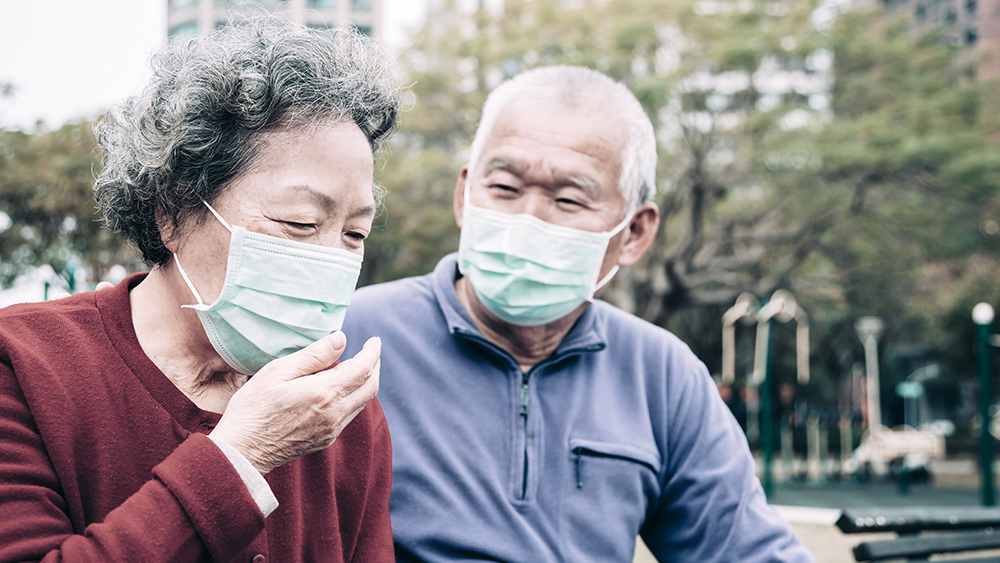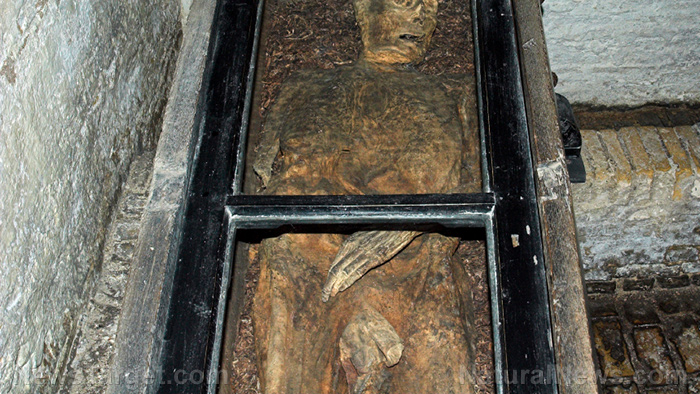
Singapore managed to vaccinate over 80 percent of its adult population. However, it continues to struggle with one of its worst COVID-19 outbreaks yet. On September 12th, it reported 555 new local cases. Just a day prior, Singapore also recorded its 58th COVID-19 related death -- an 80-year-old man who was partially vaccinated but has a history of diabetes, hypertension, and heart problems.
On September 13, a new cluster with 28 cases surfaced at the Ren Ci nursing home in Bukit Batok, and the health ministry reported 607 new cases. In a statement, the nursing home said that three staff from the same war experienced acute respiratory infection symptoms and sought medical attention immediately. When the antigen rapid test results came back, the affected ward had to be shut down.
The Ministry of Health has banned social gatherings at workplaces due to the clusters of workers gossiping around the water cooler leading to an outbreak. Singaporeans have also been asked to attend only one social gathering per day in their free time.
Despite being one of the most heavily vaccinated countries, life has not improved as much as they projected. (Related: VAX ATTACKS: Singapore seeing chronic illness explosion after reaching 81 percent vaccination rate.)
What is unexpected is that community cases have actually increased since reaching 80 percent coverage. This is likely because Singapore is already allowing more social events for vaccinated individuals while experiencing fatigue at all the control measures.
The outlook is not positive, either. Gan Kim Yong, co-chair of the multi-ministry task force said that the worrying spike in infections could balloon to 2,000 new cases a day, and thus, the next two to four weeks remain crucial.
This is not an isolated case for Singapore. Other Southeast Asian countries are experiencing a fast spread of the disease due to the delta variant, and as Singapore shows, even high vaccination rates don't help much.
Singapore continues to find a lot of breakthrough infections among vaccinated individuals. Looking at the recent waves of infection from all over the globe, it is starting to look like the COVID virus is adapting too quickly, and vaccines are not effective at stopping its spread.
As of reporting, there are 774 COVID-19 patients in hospitals in Singapore, including 57 cases in need of oxygen supplementation and eight in critical condition in the intensive care unit.
Of those who have fallen seriously ill, 51 are individuals above 60 years old.
Older adults urged to minimize social interaction
All seniors aged 60 and above, as well as the people living with them, have been urged to minimize social interactions in the next two weeks amidst the spike of cases.
In a statement on Wednesday, September 15, the Agency for Integrated Care (AIC) said that seniors are at a higher risk of developing serious health complications if they are infected with the virus and that they are advised to stay at home as much as possible.
The AIC also urged unvaccinated seniors to get inoculated as soon as possible to minimize the risk of severe infections. Meanwhile, those who have already been vaccinated have been advised to get their booster shots.
AIC advised family members to help but essentials so that social interactions can be minimized. Those who are living alone are also advised only go out for essential activities such as seeing the doctor, and that they should return home as soon as possible.
Get more updates regarding the spread of COVID-19 at Pandemic.news.
Sources include:
Please contact us for more information.




















